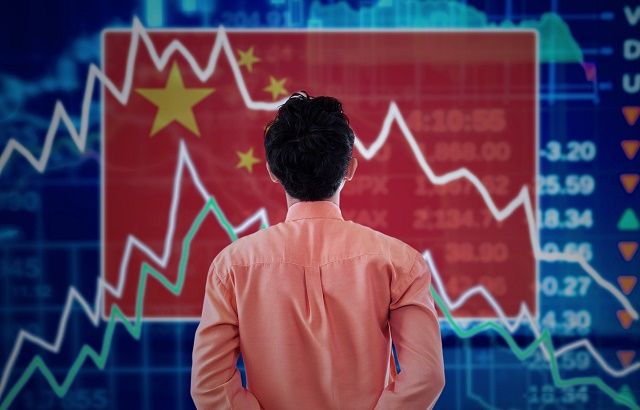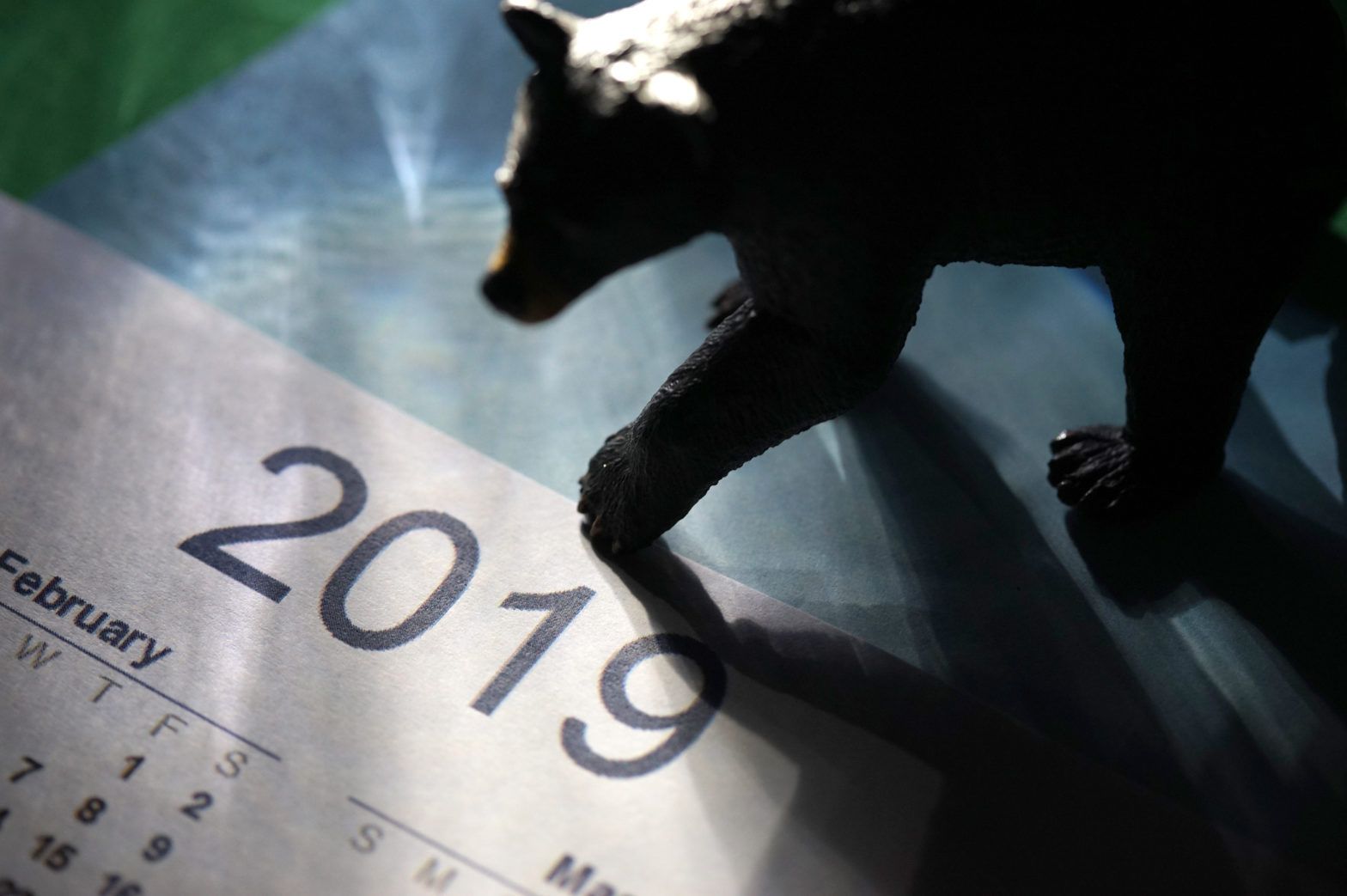Apply in-house ESG methodologies for superior returns
Low correlation between ESG ratings complicates their use for investment decisions

Low correlation between ESG ratings complicates their use for investment decisions

They beat out their rivals with roughly 70% average outperformance

A paradigm shift to sustainable long-term and performance-based fee structures could lie ahead

Under half of Greater China funds outperformed MSCI China Index with only one positive year-to-date

92% of investors seek better understanding of their impact, study says

Institutional investors want regular contact with fund managers when market events impact performance

Many investors rely on fund rating systems to guide decisions. But are rating systems an effective way to gauge future performance and which is better – quantitative or qualitative analysis?

Fidelity International’s move to change its charging structure to a performance-linked fee has been welcomed but is seen as a risky move which may not be sustainable, according to fund selectors around Europe.

In an environment of protracted Brexit negotiations, continued political uncertainty and weaker economic growth, investors generally lost faith in UK equities in 2017 with many migrating to global and absolute return funds.

The best performing asset class of the past year will continue to shine in 2018. That’s the fund buyer consensus.

The Pimco Income Fund has been in unprecedented demand with investors this year. We spoke to investors in the fund to find out why, and assess whether the fund is likely to continue its outperformance.

Fund selectors applaud the “courageous” step by Fidelity to introduce performance-related management fees across all its funds by next year. But will the move really improve long-term performance after fees, and is the new model sustainable with most active funds failing to beat their benchmark?